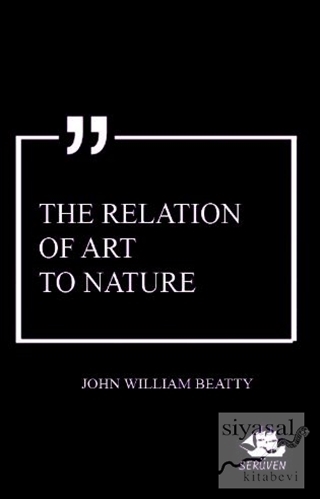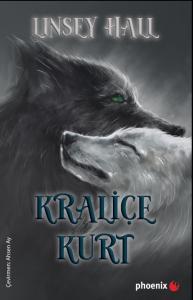
In his very convincing and lucid treatise on the fundamental principles of art, John W. Beatty gives us a most absorbing theme to follow—the relation of art to nature, as expressed in their own words by artists themselves, of different times and creeds; with, too, the opinions of philosophers and men of letters.
Himself a well-known painter, Mr. Beatty has been for almost thirty years the enlightened Director of Fine Arts of the Carnegie Institute, where, alone in our whole country, are held annually International Exhibitions of Art. Much of his life has thus been spent in intimate association with the very best painters and sculptors of our generation, and his and their opinions and observations are here to be read with much pleasure and profit by every one interested in art.
Mr. Beatty is quite right when he says, “Not many able artists have recorded their opinions.” In conversation, or on the impulse of the moment they may often speak with great beauty and clarity of expression, but nearly always tersely and to the point. On the other hand, the man of letters is more given to analysis and finds more words, and more beautiful ones, to express his meaning.
In his very convincing and lucid treatise on the fundamental principles of art, John W. Beatty gives us a most absorbing theme to follow—the relation of art to nature, as expressed in their own words by artists themselves, of different times and creeds; with, too, the opinions of philosophers and men of letters.
Himself a well-known painter, Mr. Beatty has been for almost thirty years the enlightened Director of Fine Arts of the Carnegie Institute, where, alone in our whole country, are held annually International Exhibitions of Art. Much of his life has thus been spent in intimate association with the very best painters and sculptors of our generation, and his and their opinions and observations are here to be read with much pleasure and profit by every one interested in art.
Mr. Beatty is quite right when he says, “Not many able artists have recorded their opinions.” In conversation, or on the impulse of the moment they may often speak with great beauty and clarity of expression, but nearly always tersely and to the point. On the other hand, the man of letters is more given to analysis and finds more words, and more beautiful ones, to express his meaning.




















